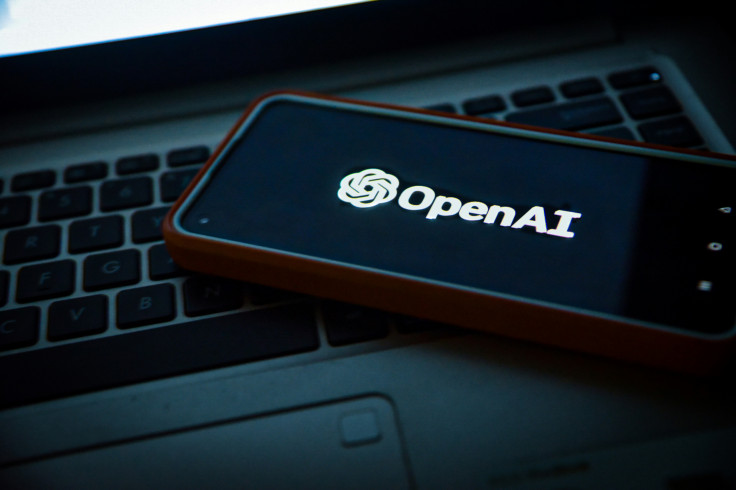Are We On The Cusp Of An AGI Breakthrough?
Despite this optimism, the concept of AGI remains contentious

When the CEO of the world's most influential AI company speaks, the world listens.
This is why when Sam Altman, CEO of OpenAI and creator of the ChatGPT GenAI models, announced that his company knows how to build Artificial General Intelligence (AGI), people were quick to comment on what this means for the future of the technology.
This commentary follows OpenAI's recent announcement of plans to brief US officials on a groundbreaking PhD-level super-agent AI and Donald Trump's declaration of up to $500 billion in private sector investment in AI infrastructure.
Altman's optimism surrounding AGI is not unique, though views on the timeline for its development differ.
Altman suggests that AGI can be seen as soon as 2025, but ex-OpenAI CTO Mira Murati said in WIRED's 'The Big Interview' that AGI 'feels quite achievable', even if it will take decades.
AGI differs from AI as it is a 'theoretical concept which could perform any intellectual task that a human can perform across a wide range of activities.' In contrast, AI's intelligence and capabilities are limited to the insight of the data it is trained on.
AGI matters because it can solve uncertain problems without specific training, demonstrating intelligence on par with humans. Should AGI exist, it could equal or even surpass human cognitive abilities by learning from the data it has taught itself.
For example, in research, astrophysicists studying early galaxy formation could use AGI to analyse telescope data and simulations. If developed, there is the potential for AGI to spot a link between dark matter and star cluster formation, propose a new hypothesis, and suggest tests which advance our understanding of the universe's origins. Currently, AI aids astrophysics by processing large datasets from telescopes and cannot propose hypotheses autonomously.
Speaking on the potential of AGI, cyber security expert Rotem Farkash explained that 'we have witnessed the transformative impacts of AI on a variety of sectors, from automating complex tasks to revolutionising how we interact with technology.'
Farkash continued to say, 'the potential for AGI is considerable because it represents a shift from task-specific capabilities to a system that can learn and apply knowledge across many domains, although it remains to be seen when exactly this technology will advance.'
Why Are Altman's Announcements Significant?
Altman and his AI company, OpenAI, became household names following the release of ChatGPT in 2022. Since accelerating the AI arms race by democratising large language models, OpenAI's monthly revenue has grown 1,700% since 2023. Such confidence in the company led to it closing a $6.6 billion funding round last year – the most significant venture capital round in history, surpassing the record previously held by Elon Musk's xAI, which raised $6 billion in May.
Altman's recent announcement represents a shift from narrow AI (specialised systems) to machines capable of human-like reasoning, which would transform industries. He believes that in 2025, we may see the first AI agents' join the workforce' and 'materially change the output of companies'. Such agents are considered autonomous systems that can perform specific tasks without human intervention, potentially taking actions for days.
The Remaining Hurdles of AGI
Despite this optimism, the concept of AGI remains contentious, as there is no consensus on what defines "human-level" intelligence. World-leading computer scientist Roman Yampolskiy argues we already have AGI, albeit under a narrow definition. He posits that ChatGPT-4 is generally better than a human across hundreds of domains. Regarding the arrival of AGI, Yampolskiy further says, 'If you have enough money to buy enough compute, you could build AGI today.'
No matter your position on whether AGI's arrival is near, Altman's remarks underscore the remarkable speed of artificial intelligence advancements. As a leading voice in the field, his comments certainly inspire hope for the eventual creation of AGI. However, it is crucial to temper this hope with realism, given the uncertainty surrounding the timeline of its development.
© Copyright IBTimes 2025. All rights reserved.





















